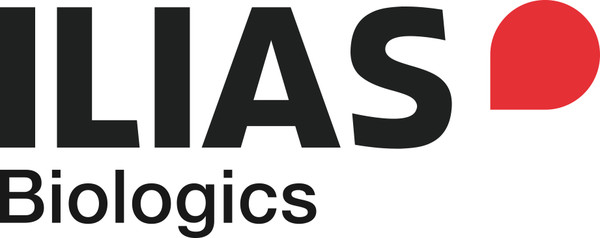Ilias Biologics said Thursday that its project to research and develop a treatment for inflammatory bowel disease (IBD) has been selected as the second national drug development project this year.

The company added that it has also signed a final agreement.
The national drug development project is an interagency R&D project in which the government supports the pre-cycle stage of the new drug development to strengthen the global competitiveness of the domestic biopharmaceutical industries.
Under this agreement, Ilias will receive 1.2 billion won ($920,000) from the Korea Drug Development Fund (KDDF) over the next three years.
The project, titled “Developing exosome inflammatory bowel disease (IBD) therapeutics with the inhibitory interaction effect of CARD9 and TRIM62,” aims to develop a new exosome treatment to inhibit CARD9 and TRIM62 interactions that trigger an intestinal immune inflammatory response, known as the pathogenesis of IBD.
IBD or chronic inflammatory gastrointestinal disease is accompanied by various symptoms, such as abdominal pain and bowel abnormalities. It is largely classified into ulcerative colitis characterized by an intense inflammatory response in the large intestine and Crohn's disease, where an inflammatory response occurs in all digestive system organs.
It is a multifactorial disease in which the microbiome compounds environmental and genetic factors. Particularly, the disease is increasing in countries where industrialization has rapidly progressed, like Korea.
IBD is mostly diagnosed at the age of 15-35, but no fundamental treatment exists. In addition to surgical treatment, various drugs control immune inflammatory reactions. Still, the market's demand for alternatives is very high due to limited efficacy, drug resistance, and side effects. As a result, multinational pharmaceutical companies are developing various IBD treatments.
"Existing IBD treatment and most other therapies under research and development have limited target range, drug resistance due to antitherapeutic immune response, therapeutic side effects due to off-target effect, as well as poor stability in vivo,” ” Ilias Co-CEO Choi Chul-hee said. “Therefore, it is urgent to develop new therapies to solve these problems.”
Choi added that his company would do its best to provide therapeutic alternatives that effectively inhibit the inflammatory immune response that causes IBD.

